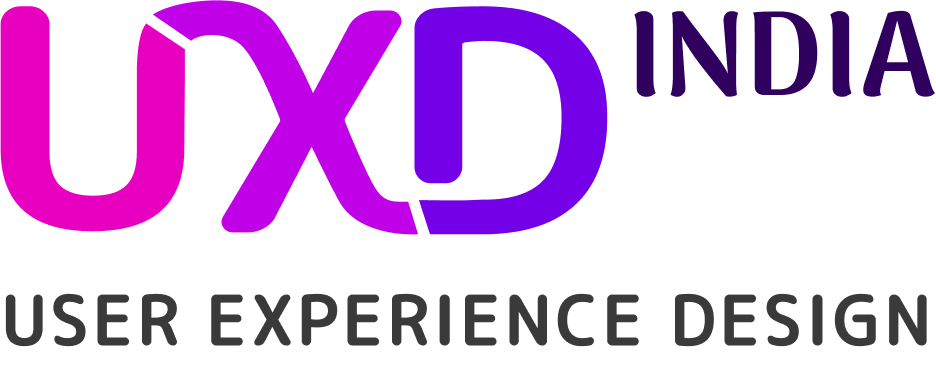On-Premise vs. Cloud-Based Call Center CRM: Which is Better?

Is your call center equipped to meet the evolving demands of customer engagement?
In today’s fast-paced business environment, choosing the right Customer Relationship Management (CRM) system is crucial for call centers aiming to enhance customer satisfaction and operational efficiency. The decision between on-premise and cloud-based CRM solutions can significantly impact your organization’s agility, scalability, and overall performance.
Let’s delve into the key differences, advantages, and considerations to help you make an informed choice.
1. Deployment and Setup Time
- On-Premise CRM: Requires substantial time for hardware procurement, software installation, and configuration. Deployment can span several weeks or even months.
- Cloud-Based CRM: Offers rapid deployment, often within days, as it eliminates the need for physical infrastructure.
Real-World Insight: According to Call Center Studio, cloud-based call centers can be set up and operational in as little as 24 hours, whereas on-premise setups require extensive time for hardware and software installations.
Source : RingCentral+1C-ZENTRIX+1
Source : Call Center Studio
2. Cost Implications
- On-Premise CRM: Involves high upfront capital expenditure for hardware, software licenses, and ongoing maintenance costs.
- Cloud-Based CRM: Operates on a subscription-based model, reducing initial costs and providing predictable monthly expenses.
Industry Perspective: Voiptimecloud highlights that cloud-based contact center solutions are more cost-effective for small and midsize businesses, as they avoid significant infrastructure investments.
Source : Invoca+1Sprinklr+1
Source : Voiptime Cloud
3. Scalability and Flexibility
- On-Premise CRM: Scaling requires additional hardware and software investments, leading to longer implementation times.
- Cloud-Based CRM: Allows seamless scalability to accommodate business growth or seasonal fluctuations with minimal effort.
Expert Opinion: RingCentral notes that cloud-based solutions enable businesses to easily upsize or downsize their contact centers, offering greater flexibility compared to traditional on-premise environments.
Source : RingCentral
4. Accessibility and Remote Work
- On-Premise CRM: Access is typically limited to on-site locations, posing challenges for remote work setups.
- Cloud-Based CRM: Provides access from anywhere with an internet connection, supporting remote and distributed teams effectively.
Case Study: During the COVID-19 pandemic, businesses with cloud-based call centers managed to transition to remote work seamlessly, whereas those with on-premise systems faced significant hurdles.
Source : LeadSquared+2ITChronicles+2NobelBiz+2
Source : Call Center Studio
5. Maintenance and Updates
- On-Premise CRM: Requires in-house IT teams to manage maintenance, updates, and troubleshooting, leading to increased operational overhead.
- Cloud-Based CRM: The service provider handles maintenance and updates, ensuring the system is always up-to-date without burdening internal resources.
Insight: Simform emphasizes that cloud-based contact centers reduce the responsibilities of businesses towards call center activities, as the service provider manages the technical aspects.
Source : Simform – Product Engineering Company
6. Customization and Control
- On-Premise CRM: Offers greater control over customization to meet specific business needs, as the infrastructure is managed internally.
- Cloud-Based CRM: While offering some customization options, it may have limitations compared to on-premise solutions due to shared infrastructure.
Consideration: C-Zentrix points out that businesses requiring extensive customization may prefer on-premise solutions, as cloud-based systems might not offer the same level of flexibility.
Source : Sprinklr
Source : C-ZENTRIX
7. Security and Compliance
- On-Premise CRM: Provides full control over data security and compliance measures, which is crucial for industries with stringent regulatory requirements.
- Cloud-Based CRM: Relies on the vendor’s security protocols, which are generally robust, but may raise concerns for organizations handling sensitive data.
Security Perspective: NobelBiz discusses that while cloud contact centers offer advanced security features, some businesses prefer on-premise solutions to maintain direct control over their data.
Source : NobelBiz
Conclusion
Choosing between on-premise and cloud-based call center CRM solutions depends on various factors, including budget, scalability needs, remote work capabilities, customization requirements, and security considerations.
- Opt for On-Premise CRM if your organization requires extensive customization, has the resources for significant upfront investments, and operates in a highly regulated industry demanding strict data control.
- Choose Cloud-Based CRM if you seek rapid deployment, cost-effectiveness, scalability, and support for remote work environments.
Carefully assess your organization’s specific needs and long-term goals to determine the most suitable CRM solution for your call center operations.
